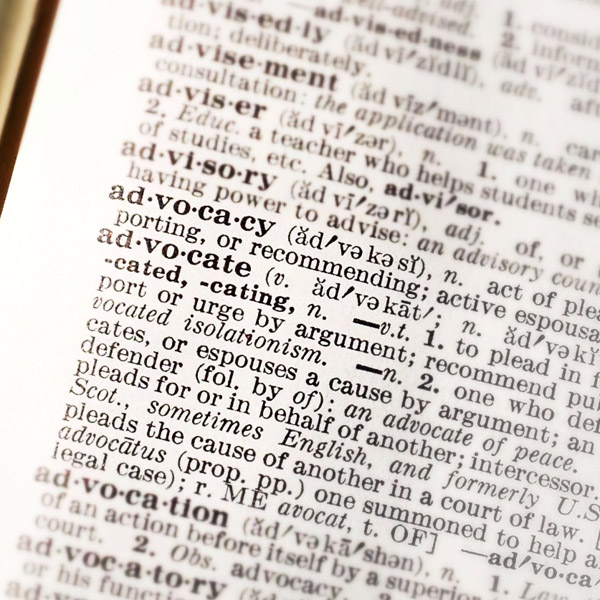What is a Guardianship?
Guardianship is the management of the affairs of a person who has been judged through a legal process to lack the ability or capacity to take care of their own nutrition, health, housing or physical safety. In some instances, the person may be at risk for financial exploitation and are unable to manage their property/estate or financial affairs. A guardian assumes the rights of this individual (referred to as the“ward”) to make decisions about many aspects of daily life. A guardian is directed by ethics and statute to make decisions in the best interest of the ward.
Types of Guardianship
The two most common types of guardianship are limited and plenary. In a limited guardianship, the guardian assumes only the delegable rights specified by court order, and the ward retains all other decision-making rights. A plenary guardianship is a guardianship in which the court gives the guardian the power to exercise all legal rights and duties on behalf of the ward who has been adjudicated to be incapacitated. By Florida law, a plenary guardianship can pertain to the person, their estate, or both.







